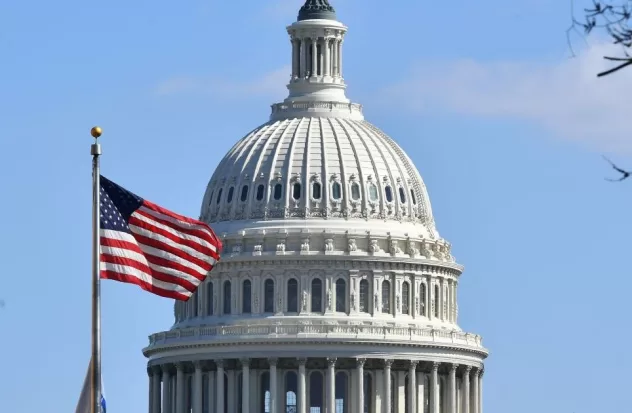WASHINGTON — Leaders of the United States Congress unveiled a package of six initiatives that establishes the spending levels of some federal agencies for the rest of the year.
Lawmakers in Congress are seeking a final agreement on the federal budget amid deep divisions between both parties.
Republicans have been demanding for months a reduction in the waste of taxpayer money by Joe Biden’s government, while the new Democrats – influenced by the extreme left – do not want to give in to the demands of conservatives in both Houses of Congress.
The objective of publicizing the initiatives is to comply with the Lower House’s regulations of giving legislators at least 72 hours to study a bill before a vote. And it’s a promising sign that lawmakers will avoid a partial government shutdown, which would begin at 12:01 a.m. Saturday for those agencies included in the bill, such as Veterans Affairs, Agriculture, Transportation, Justice and others.
Proposal cost
The legislative leadership hopes to complete voting on the package this week and continue negotiating on the six remaining annual spending initiatives, with the goal of having them approved before the March 22 deadline.
The cost of the package announced Sunday is about $460 billion, less than 30% of the discretionary spending that Congress wants to approve this year. The package still on the negotiating table includes defense spending.
House Speaker Mike Johnson highlighted some crucial policy and spending wins for conservatives, even as many of his Republican colleagues believe the changes are inadequate. Some Republican representatives had hoped that the possibility of a shutdown could mean extracting more concessions from Democrats.
Overall, this year’s spending initiatives would keep non-defense spending at relatively similar levels to last year’s bill, despite the rise in inflation, and about $70 billion below what was expected. President Joe Biden originally wanted.
“House Republicans secured crucial victories on conservative policies, rejected proposals from the left, and imposed sharp cuts to agencies and programs critical to Biden’s agenda,” Johnson said in a statement.
This year, Johnson and Democratic Senate Majority Leader Chuck Schumer announced an agreement on this year’s maximum discretionary spending levels, which stands at more than $1.6 trillion. But that pact did not address potential policy mandates included within the initiatives. This is where negotiations have focused in recent weeks.
The New Democrats reject part of the amendments that Republican representatives were trying to include. For example, they rejected an attempt to end the sale of the abortion pill mifepristone in retail pharmacies, rather than exclusively in hospitals, clinics and doctors’ offices. And that’s where the Democrats are working.
Source: AP.






